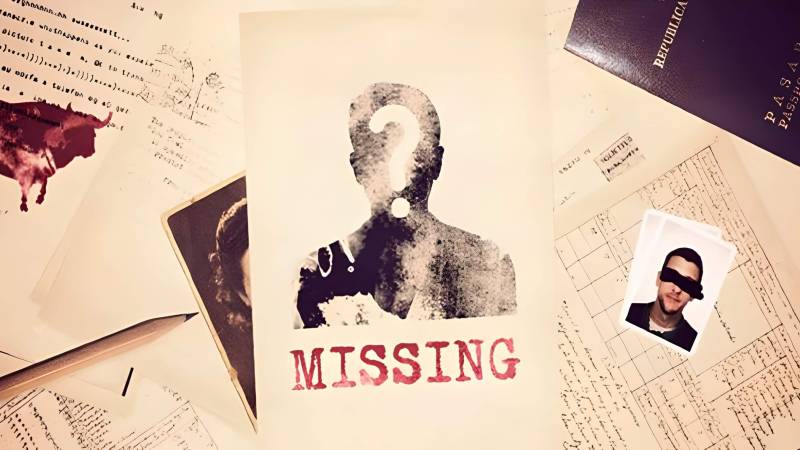
The Supreme Court on Saturday asked senior-most officers of relevant ministries to submit an undertaking that no one will be picked up other than in accordance with the law.
The top court further ruled that former and current leaders of a political party who were picked up but have since returned cannot be categorised as "missing persons".
This was stated in a five-page order authored by Chief Justice of Pakistan Qazi Faez Isa while hearing a case on missing persons filed by veteran lawyer Aitzaz Ahsan.
Regarding missing persons, the top court has directed the federal government to submit an undertaking in writing, signed by senior-most officers of the relevant ministries, that no one shall be picked up other than in accordance with the law.
To take meaningful action to recover actual missing persons, the top court directed the Missing Persons Commission to submit a list of all those who have been reported as missing.
The commission was further directed to submit the name and relationship of the person who reported a person as missing and the date they went missing.
The top court has also directed the commission to submit details of those who were in government at the centre and the concerned province when a person went missing.
The commission has been directed to submit details about whether missing persons have been recovered or not, and if they have not been recovered, what efforts, if any, have been taken to determine their whereabouts.
In addition, the court has sought details from the commission about all those for whom production orders were issued but were not produced, and any follow-ups undertaken by the commission.
"The above information be provided electronically and through hard copy to the office of the learned Attorney-General within ten days, who upon receipt thereof will submit a response, including why production orders issued by the Commission were not complied with, within 20 days after the Commission supplies the said information. The learned Attorney-General to submit a report (hard copy and electronically) to this Court," the top court ruled.
The Supreme Court said it would be appropriate if details about the commission's budget, staff and resources were disclosed, noting that people have a fundamental right, under Article 19A of the Constitution, to information.
Returning PTI leaders not 'missing'
The court observed that those leaders of Pakistan Tehreek-e-Insaf (PTI) who have returned cannot be categorised as 'missing persons'.
Chief Justice Isa further observed that Ahsan was not authorised to represent the PTI leaders he claimed were missing persons.
"The registrar has raised objections on the maintainability of Constitution petition filed by Aitzaz Ahsan, a senior advocate," the order read, adding, "The petition also attends to matter of missing persons, but also refers to a few politically aligned persons who are stated to have been picked up and have since returned home."
The court said those who have returned cannot be categorised as missing. Moreover, the petitioner (Aitzaz Ahsan) has not been authorised to represent these 'missing persons'.
"Therefore, while we overrule the office objections, we restrict the scope of this petition to missing persons," the top court ruled.
Baloch protesters
The Supreme Court also took exception to the high-handedness shown by the state towards protestors aligned with the Baloch Yekjehti Committee (BYC).
"During the hearing, it was brought to our attention that during the court's winter vacations, the families of protesting missing persons at Islamabad were manhandled by police/law enforcement personnel," the order stated, adding that the top court takes great exception to such high handedness because the right to peaceful protest is amongst the guaranteed fundamental rights which must be honoured in letter and spirit.
Missing persons bill
The order observed that while hearing the case, a reference was made to the bill submitted in the National Assembly with regards to the subject of missing persons and that when it reached the Senate, it had vanished.
"Therefore, we enquired who was the custodian of the Senate and were told that it was the Chairman Senate, Sadiq Sanjrani, who was elected by those who were then in government," it added.
"It is alleged that a Federal Minister's efforts were thwarted by the Chairman Senate, who was elected by the votes of the same party."
Noting that a serious charge has been levelled against Senate Chairman Sadiq Sanjrani in the petition, he was not arrayed as a party in the case.
"Unless the petitioner arrays him as a party, it would not be appropriate to attend to allegations made against him," the top court observed, providing the Senate chairman - who also hails from Balochistan - with an unsolicited breather.

